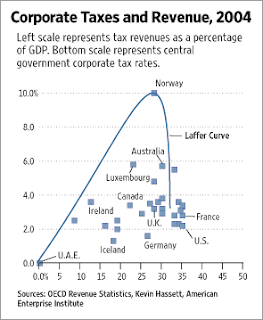
Dave [Sokol]’s purchases were made before he had discussed Lubrizol with me...--Warren Buffett. WSJ has a timeline here.Photo link here.
At best, Buffett's quote can be translated into "Dave Sokol was talking his book to the max". To their credit, they got out right away to face the music. Sure beats hiding under a rock and facing the firing squad later.--Cav
Knowing today what I know, what I would do differently is I just would never have mentioned it to Warren, and just made my own investment and left it alone. I think that’s a disservice to Berkshire, but if that’s what people want to do in the future, that’s fine. You can’t — or at least I don’t think you can executives to not invest their own family’s capital in a company that Berkshire had no interest, or even knowledge of, and somehow police that. The only thing you can do is just say if you invest your own money, don’t ever mention it to anyone at Berkshire. That doesn’t make sense to me either, but that’s certainly what it sounds like.--David Sokol
I tried to put myself in his shoes and reconstruct his thinking, and I concluded that it was just this simple: What’s the most I can get? I think Bill [Gates] knew that I would balk at a two-to-one split, and that 64 percent was as far as he could go. He might have argued that the numbers reflected our contributions, but they also exposed the differences between the son of a librarian and the son of a lawyer. I’d been taught that a deal was a deal and your word was your bond. Bill was more flexible; he felt free to renegotiate agreements until they were signed and sealed. There’s a degree of elasticity in any business dealing, a range for what might seem fair, and Bill pushed within that range as hard and as far as he could.--Paul Allen
Is it me, or do the Gates/Allen, Jobs/Wozniak, and Zuckerberg/Saverin pairings of Microsoft, Apple, and Facebook rhyme with each other?--Cav
Surely I can’t call the TV, the “boobtube” and then act like the Internet is devoid of that issue?--Jon Acuff




























